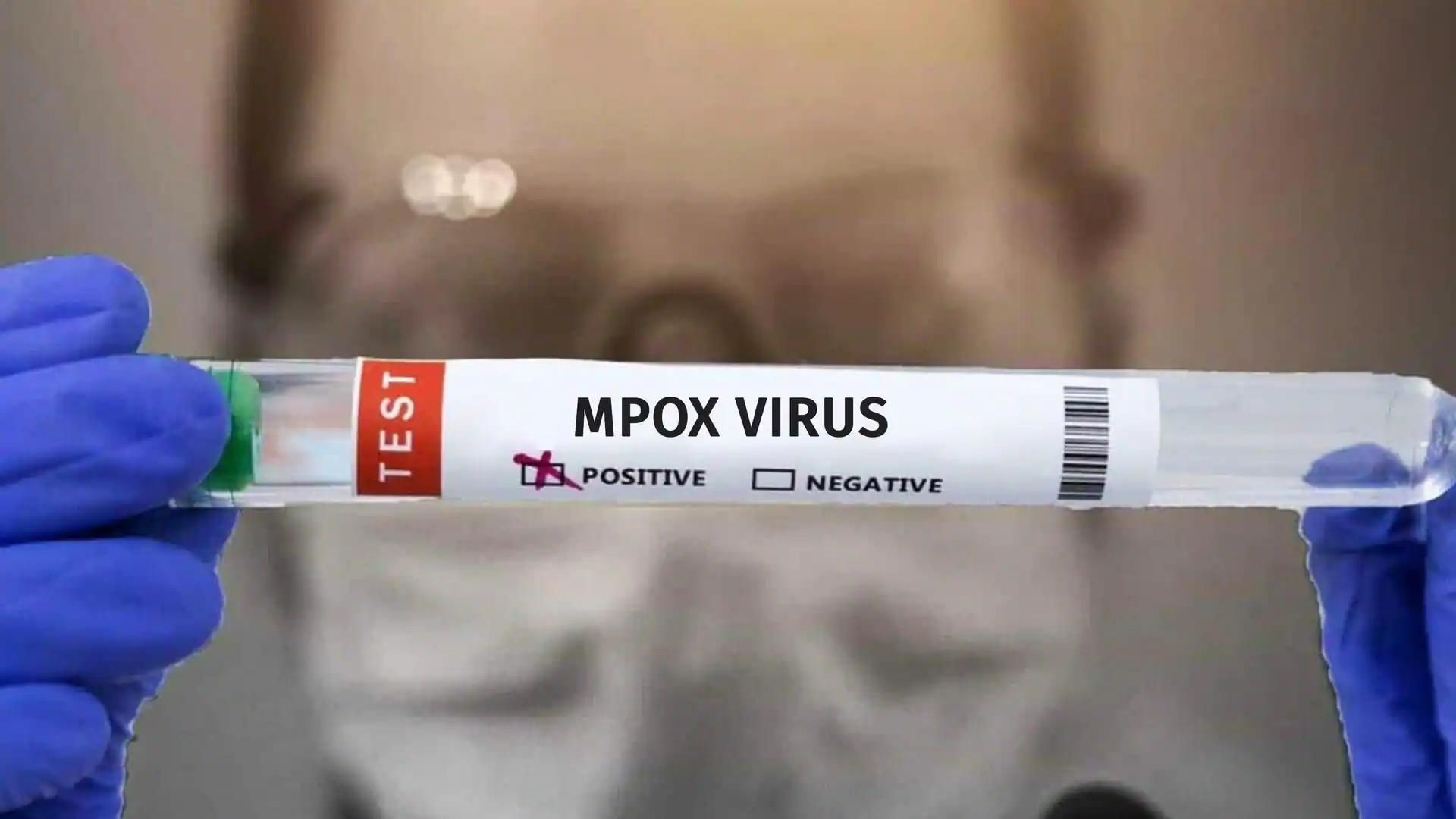Health Secretary Apurva Chandra has issued a crucial advisory to all States and Union Territories (UTs) in India, urging the implementation of essential public health measures to prevent and minimize the spread of Mpox, previously known as monkeypox. This advisory underscores the necessity of raising public awareness regarding the disease, its modes of transmission, and the importance of timely reporting.
Key Public Health Measures Highlighted
The advisory emphasizes the need for states and UTs to undertake comprehensive activities aimed at educating communities about Mpox, including its symptoms and preventive measures. Key recommendations include:
Dos:
- Increase Public Awareness: Engage communities to disseminate information on Mpox symptoms, transmission methods, and the significance of timely reporting.
- Isolate Suspected Cases: Immediate isolation of any suspected Mpox cases, accompanied by stringent infection prevention protocols.
- Set Up Isolation Facilities: Ensure hospitals are equipped with adequate isolation facilities for both suspected and confirmed cases, staffed by trained personnel.
- Symptomatic Treatment: Follow current treatment guidelines focusing on symptomatic management.
- Send Samples for Testing: Collect and send samples from patients with suspected Mpox symptoms to designated laboratories. Positive cases should be sent to ICMR-NIV for genome sequencing to identify the Mpox clade.
- Strengthen Diagnostic Capabilities: Utilize ICMR-approved laboratories and PCR kits for early detection and containment of the virus.
- Monitor Public Health Infrastructure: Senior health officials are advised to routinely assess public health preparedness at state and district levels.
Don’ts:
- Avoid Panic: Prevent mass panic by ensuring clear public communication regarding preventive measures.
- Do Not Delay Reporting: Timely reporting of suspected cases is essential to prevent further spread.
- Avoid Unnecessary Crowding: Only admit symptomatic cases or those needing isolation to healthcare facilities to avoid overwhelming the system.
- Do Not Overlook Mild Cases: All suspected cases, regardless of severity, should be tested and isolated as needed to curb unnoticed transmission.
The health ministry reassured the public that robust testing capabilities are in place, with 36 ICMR-supported labs nationwide and approved PCR kits available for early diagnosis.









